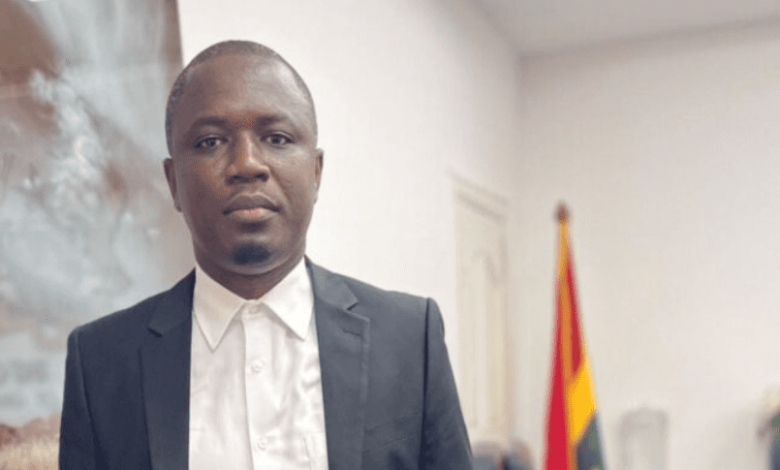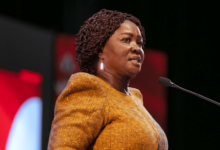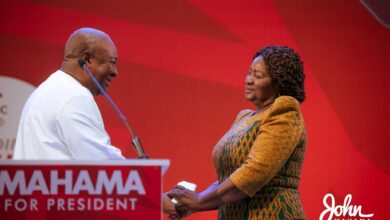NPP has demonstrated prudent management of expenditure than NDC – DI’s Dr Frank Banor

The Director of Research at the Danquah Institute, Dr Frank Bannor, has said that the discourse surrounding Ghana’s debt profile from 2009 to 2023 is both multifaceted and pivotal.
He said the available facts show significant trends in Ghana’s debt trajectory, notably the substantial increase from $8.07 billion in 2008 to $29.2 billion by the close of 2016.
DI Press Conference_Debt Analysis_final 2 (1)
This stark rate of debt accumulation reveals that, on average, the National Democratic Congress (NDC) government added 32.75% to Ghana’s debt stock each year between 2009 and 2016. In contrast, the trajectory under the NPP government, from 2017 to the present, has seen a far more modest addition to Ghana’s debt stock, averaging about
10.68% annually.

This rate, he said significantly lower than the previous administration, suggests superior economic management by the NPP, even amidst global economic challenges.
“Furthermore, our discussion delved into fiscal deficits as a pivotal measure of government financial management. We highlighted how periods of fiscal consolidation were interspersed with challenges, notably the significant deficit experienced in 2012 under the NDC, primarily attributed to heightened spending during an election year. Regrettably, Ghana grappled with prolonged repercussions from this fiscal imbalance, enduring consecutive years of doubledigit deficits from 2013 to 2014. The persistent fiscal challenges ultimately
compelled the government to seek assistance through an IMF extended credit
program in 2015.
“In contrast, when assessing the NPP’s performance, it’s noteworthy that doubledigit deficits were rare occurrences, with only one instance recorded in 2020 amid
the global upheaval caused by the Covid-19 pandemic. This comparatively favourable fiscal track record underscores the NPP’s commitment to prudent financial management. More so, the analysis delves into the use of borrowed funds by the NPP government, making clear its expenditure trends from 2017 to 2023. At DI, we firmly advocate for a prudent fiscal policy that prioritizes investments geared towards generating long-term benefits for future generations. Despite misconceptions, it is important to highlight that these funds have been deployed judiciously, with tangible evidence validating their allocation.
From the analysis, substantial sums have been allocated to various sectors, including the energy sector and infrastructure development. Notable expenditures include payments to independent power producers, construction of interchanges, road projects, railway expansion, construction of mini harbours and fishing landing sites, and investment in the healthcare sector through ambulance procurement,” he said a at a press conference in Accra on Wednesday, April 17.
Dr Bannor added These investments signify a strategic approach to using funds for
developmental projects aimed at enhancing economic growth and societal wellbeing.
His press conference comes at a time the flagbearer of the NDC Former President John Dramani Mahama accused the NPP administration of excessive borrowing with no projects to show for.
Source link







